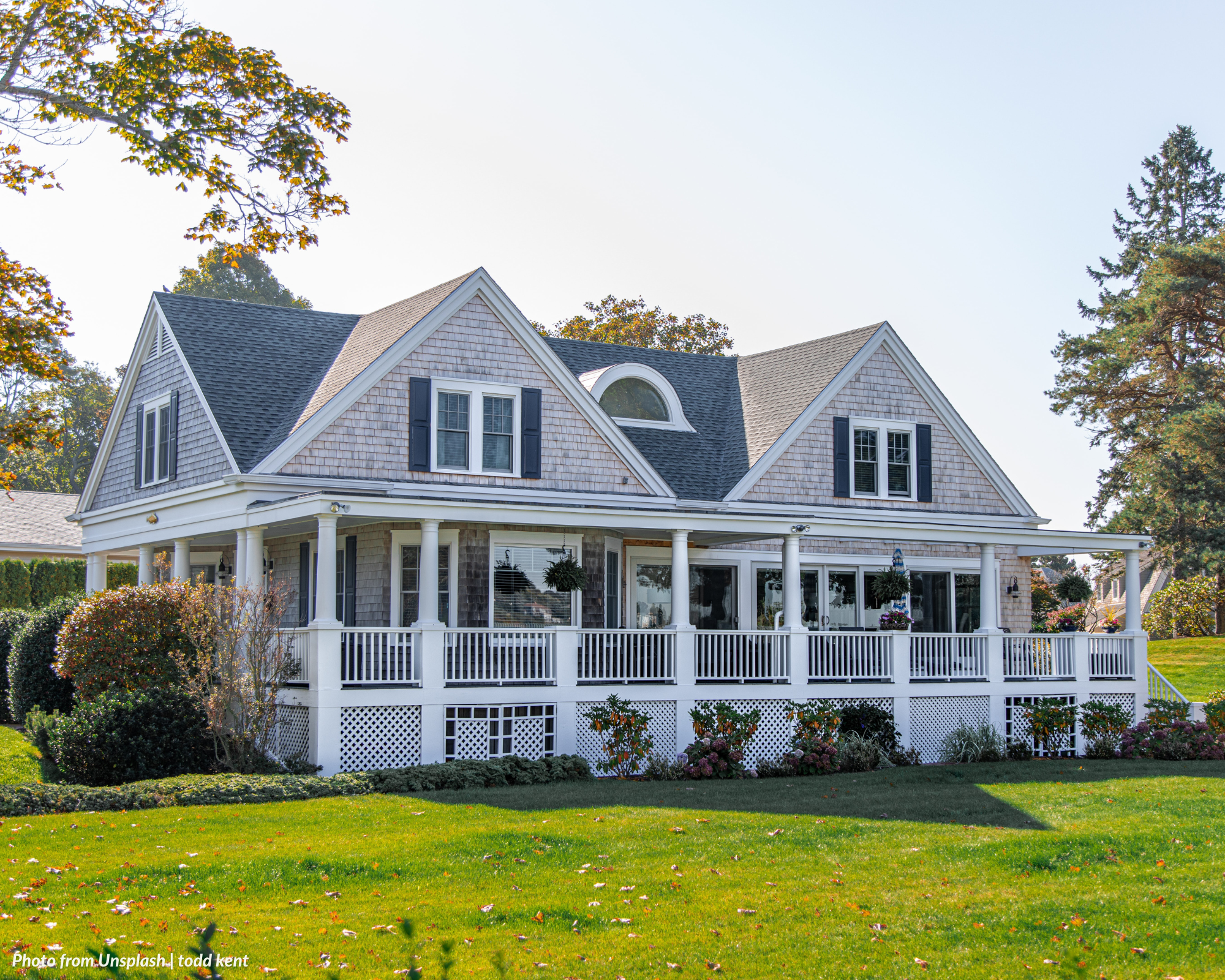
Photo from Unsplash | todd kent
The following post does not create a lawyer-client relationship between Alburo Alburo and Associates Law Offices (or any of its lawyers) and the reader. It is still best for you to engage the services of a lawyer or you may directly contact and consult Alburo Alburo and Associates Law Offices to address your specific legal concerns, if there is any.
Also, the matters contained in the following were written in accordance with the law, rules, and jurisprudence prevailing at the time of writing and posting, and do not include any future developments on the subject matter under discussion.
AT A GLANCE
- The family home shall be exempt from execution as expressly provided for in Article 153 of the Family Code.
- For the purpose of computing estate tax, the value of the family home is allowed to be deducted from the gross estate or the value of all property of the Decedent, provided that such amount does not exceed Ten Million Pesos (PhP10,000,000.00)
- The valuation of the family home, to constitute as such, must be the actual residential home of the decedent and his family at the time of his death, as certified by the Barangay Captain of the locality where the same is situated.
The Family Home under the Family Code
The family home is deemed constituted on the house and lot from the time it is actually occupied as a family residence and is considered as such for as long as any of its beneficiaries actually resides therein.
“Family Home” refers to the dwelling house, including the land on which it is situated, where the husband or the wife, or the head of the family, and members of the family reside, as certified by the Barangay Captain of the locality. (Section 6, paragraph 7, BIR Revenue Regulation 12-2018)
The law says:
“The family home is deemed constituted on a house and lot from the time it is occupied as a family residence. From the time of its constitution and so long as any of its beneficiaries actually resides therein, the family home continues to be such and is exempt from execution, forced sale or attachment except as hereinafter provided and to the extent of the value allowed by law.” (Article 153, The Family Code)
The Family Home under the Tax Code
Under Section 86 of the National Internal Revenue Code, the following are the requisites for the deductibility of the family home:
- The family home must be the must be the actual residential home of the decedent and his family at the time of his death, as certified by the Barangay Captain of the locality where the same is situated;
- The total value of the family home must be included as part of the gross estate of the decedent, owned by one or both of the spouses; and
- Allowable deduction must be in an amount equivalent to the lowest of:
- The current fair market value of the decedent’s family home;
- The extent of the decedent’s interest, whether conjugal or community or otherwise exclusive property; or
- The amount of Ten Million Pesos (PhP10,000,000.00)
If the family home is a conjugal or community property, the amount to be deducted is equivalent to one-half of the fair market value, but shall in no case exceed the amount of Ten Million Pesos (PhP10,000,000.00).
The Family Home under BIR Revenue Regulation No. 12-2018
BIR Revenue Regulation No. 12-2018 provides that “actual occupancy of the house and lot as the family residence shall not be considered interrupted or abandoned in such cases as the temporary absence from the constituted family home due to travel or studies or work abroad, etc.”
The family home is characterized with permanency, which is the place to which whenever absent for business or pleasure, one still intends to return to it. Likewise, the family home may be constituted by an unmarried head of a family on his or her own property.
It must be noted that for purposes of availing of a family home deduction to the extent allowable, a person may constitute only one family home. (Section 6, paragraph 7, BIR Revenue Regulation No. 12-2018)
Related article: The Family Home
Alburo Alburo and Associates Law Offices specializes in business law and labor law consulting. For inquiries regarding taxation and taxpayer’s remedies, you may reach us at info@alburolaw.com, or dial us at (02)7745-4391/0917-5772207.
All rights reserved.


